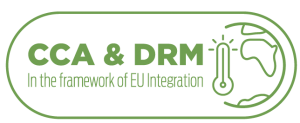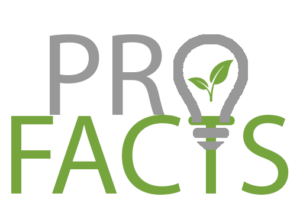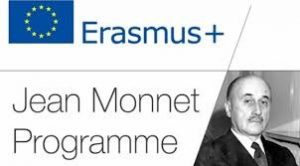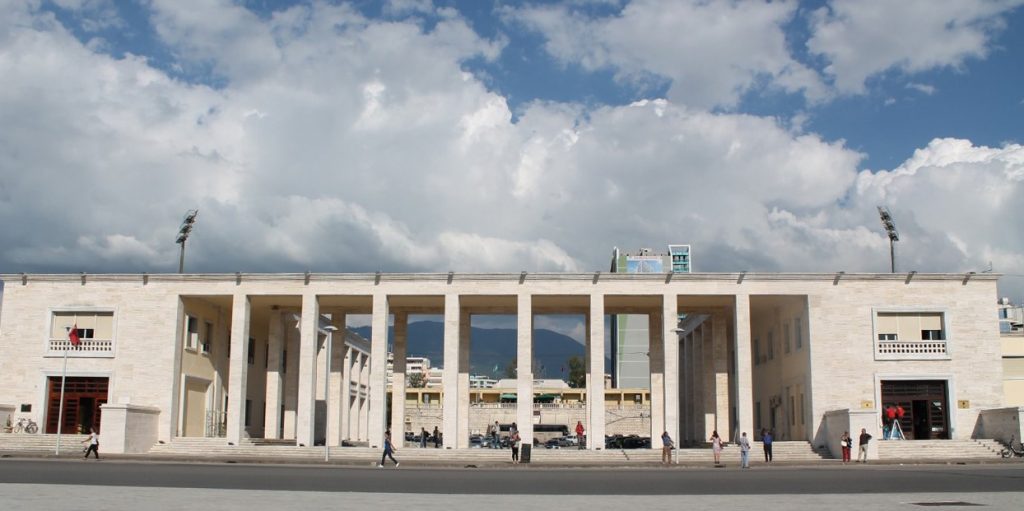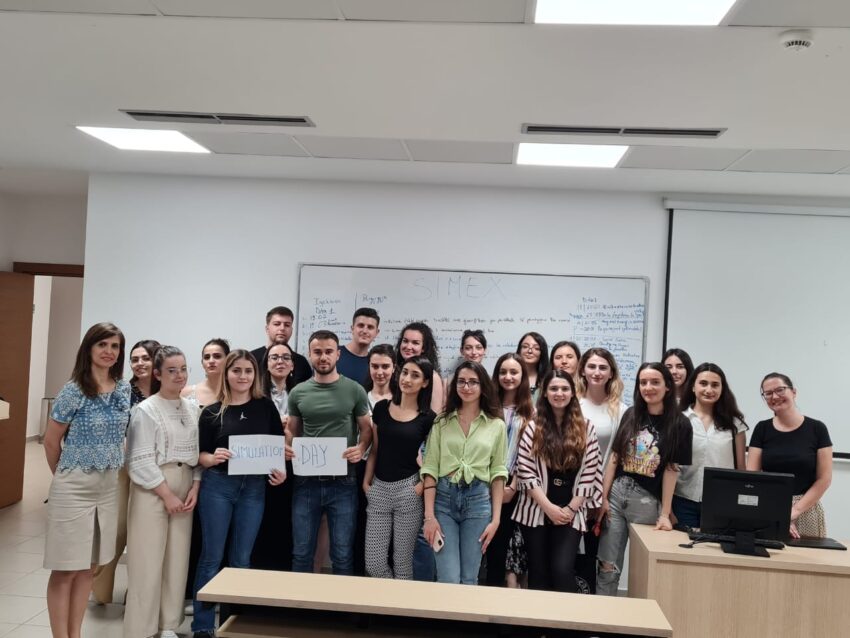The final project in the Jean Monnet Module “Disaster Risk Management” was a simulation excercise performed using the WHO methodology.
An introduction
Emergency management simulation exercises have been proven to be an effective tool in supporting a wide range of preparedness planning objectives. Simulations offer the benefits of being able to practice the contingency plans, response procedures and systems in a safe learning environment. Exercises are an opportunity to ensure systems are ready, response actors are prepared for emergencies and gaps in planning are identifies for immediate and longer-term action.
Simulation Workshop
This workshop was developed throughout the course and the simulation ran for 1.30 hours. It introduced students to the different types of simulation exercises used by the United Nations Agencies and Governments around the world, to support emergency preparedness and response planning.
The workshop was split into 2 main elements – Theory, Group Work and hands on practice. Every 30 minutes of the exercise represented a full day in the real world.
Outcomes
Through this exercise students were able to:
- Gain an understanding of what a simulation exercise is; the different types; benefits and the project cycle for a simulation exercise.
- Gain practical experience in designing, building and facilitating a “function” simulation exercise in support of emergency preparedness. Including becoming familiar with the different roles in a facilitation team.
- Understand the link between contingency planning, simulation exercises and emergency preparedness.
https://drive.google.com/file/d/1RDD6udi7yyA4qecPJwkP4xqAkZXKfesf/view?usp=sharing
